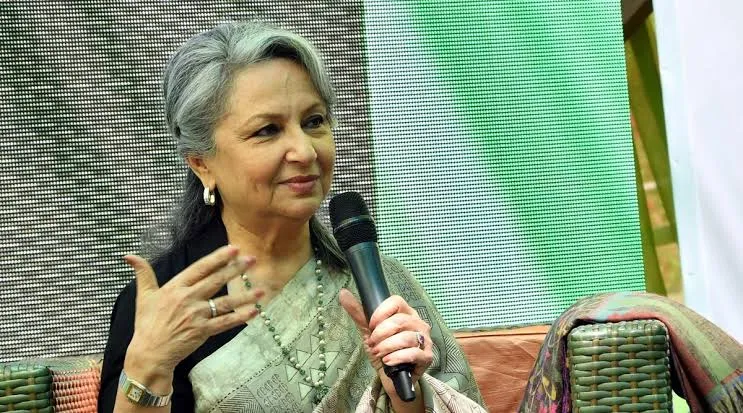Union Education Minister Dharmendra Pradhan on Friday reiterated that the National Education Policy (NEP) 2020 does not impose any language on states and upholds linguistic freedom. His remarks come amid growing political tensions between the Centre and the Tamil Nadu government over the three-language formula, which the state has consistently opposed.
Addressing the media in New Delhi, Pradhan responded to Tamil Nadu Chief Minister MK Stalin’s recent letter to Prime Minister Narendra Modi, in which Stalin reaffirmed the state’s commitment to the two-language formula of Tamil and English. The chief minister also urged the Centre to release Rs 2,152 crore under the Samagra Shiksha Abhiyan (SSA) for the 2024-25 fiscal year, citing the principles of cooperative federalism.
In a detailed 10-point response, Pradhan urged Stalin to avoid politicizing education and to look beyond political differences. He criticized Stalin’s letter as a “complete negation of the spirit of cooperative federalism,” which he said the Modi government has been actively promoting.
Highly inappropriate for a State to view NEP 2020 with a myopic vision and use threats to sustain political narratives.
Advertisement · Scroll to continueHon’ble PM @narendramodi ji’s govt. is fully committed to promote and popularise the eternal Tamil culture and language globally. I humbly appeal to not… pic.twitter.com/aw06cVCyAP
— Dharmendra Pradhan (@dpradhanbjp) February 21, 2025
Pradhan emphasized that NEP 2020 aims to elevate India’s education system to global standards while ensuring the preservation and strengthening of linguistic and cultural diversity. “Let me unequivocally state that there is no question of imposing any language on any state or community. NEP 2020 upholds the principle of linguistic freedom and ensures that students continue to learn in the language of their choice,” he said.
Highlighting the significance of the three-language formula, Pradhan described it as the backbone of India’s education framework since 1968. He argued that previous education policies had neglected Indian languages, leading to an “over-reliance on foreign languages.” NEP 2020, he said, seeks to restore Indian languages, including Tamil, to their “rightful place in education.”
Meanwhile, protests have erupted across Tamil Nadu, with student organizations and political groups opposing the three-language formula. Demonstrators argue that the policy could pave the way for the imposition of Hindi and Sanskrit, which they say would undermine Tamil’s prominence in the state’s education system. Tamil Nadu has historically rejected the three-language formula, citing concerns over linguistic and cultural autonomy.
Despite the opposition, Pradhan lauded Tamil Nadu’s contributions to education reforms and inclusive learning. He, however, expressed concern that continued resistance to NEP 2020 could deprive students, teachers, and institutions in Tamil Nadu of the opportunities the policy offers.
As tensions persist, the debate over NEP 2020 and the three-language policy remains a flashpoint in Tamil Nadu’s education and political landscape.
ALSO READ: SC Directs Yasin Malik To Virtually Appear In Jammu Court From Tihar On March 7






















